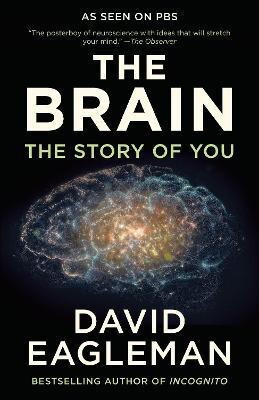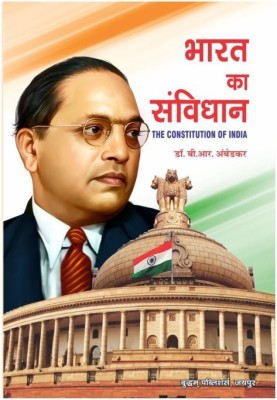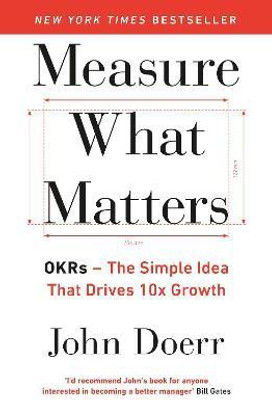
Share
PRINCIPLES OF LITERARY CRITICISM (Paperback, I. A. RICHARDS)
4
5 Ratings & 1 ReviewsSpecial price
₹408
₹900
54% off
Available offers
T&C
T&C
Delivery
Check
Enter pincode
Delivery by8 May, Thursday|Free
?
View Details
Highlights
- Binding: Paperback
- Publisher: SB Publications
- ISBN: 9789383547579
- Edition: 2024
- Pages: 298
Services
- Cash on Delivery available?
Seller
Description
John Crowe Ransom, in The New Criticism (1941) insists on beginning his book with a “discussion of New Criticism with Mr. Richards. The new criticism very nearly began with him.” In terms of the influence Richards exerted on the minds of young critics and writers of the time, it could be inferred that Richards had been the most important theoretician in the first half of the twentieth century. He published three volumes of poetry, but he is remembered primarily as a literary critic and teacher, not as a poet. Ivor Armstrong Richards was a scholar of semantics, and along with the philosopher, writer and editor Charles K.Ogden formulated Basic English. The Meaning Of Meaning (1923), written in collaboration with Ogden, is an important contribution to linguistics. Principles of Literary Criticism (1924) was followed by Science and Poetry (1926), Practical Criticism (1929) and Coleridge on Imagination (1934). Richards rejected positivist criticism, which considers that human achievements have some bearings on the psychology of an individual, the period in which he lives and the race to which he belongs. Richards is of the view that the literary text should be studied independent of these three factors. He was fascinated by the developments in psychology and wanted to evaluate art in terms of the state of mind induced by it. He promoted a psychological theory of value, which has now become outdated due to later researches in psychology.
Read More
Specifications
| Publication Year |
|
Manufacturing, Packaging and Import Info
Ratings & Reviews
4
★
5 Ratings &
1 Reviews
- 5★
- 4★
- 3★
- 2★
- 1★
- 3
- 1
- 0
- 0
- 1
5
Highly recommended
Good.
READ MORERupangkita Ray
Certified Buyer, Bongaigaon Rpcl Township
4 months ago
0
0
Report Abuse
Have doubts regarding this product?
Safe and Secure Payments.Easy returns.100% Authentic products.
Back to top


![Narain's Preface To The Lyrical Ballads * (English): Wordsworth [Paperback] Sastri & Khandelwal](https://rukminim2.flixcart.com/image/312/312/kjvrdzk0/book/4/s/h/narain-s-preface-to-the-lyrical-ballads-english-wordsworth-original-imafzcn7qbtjdrgw.jpeg?q=70&crop=false)



